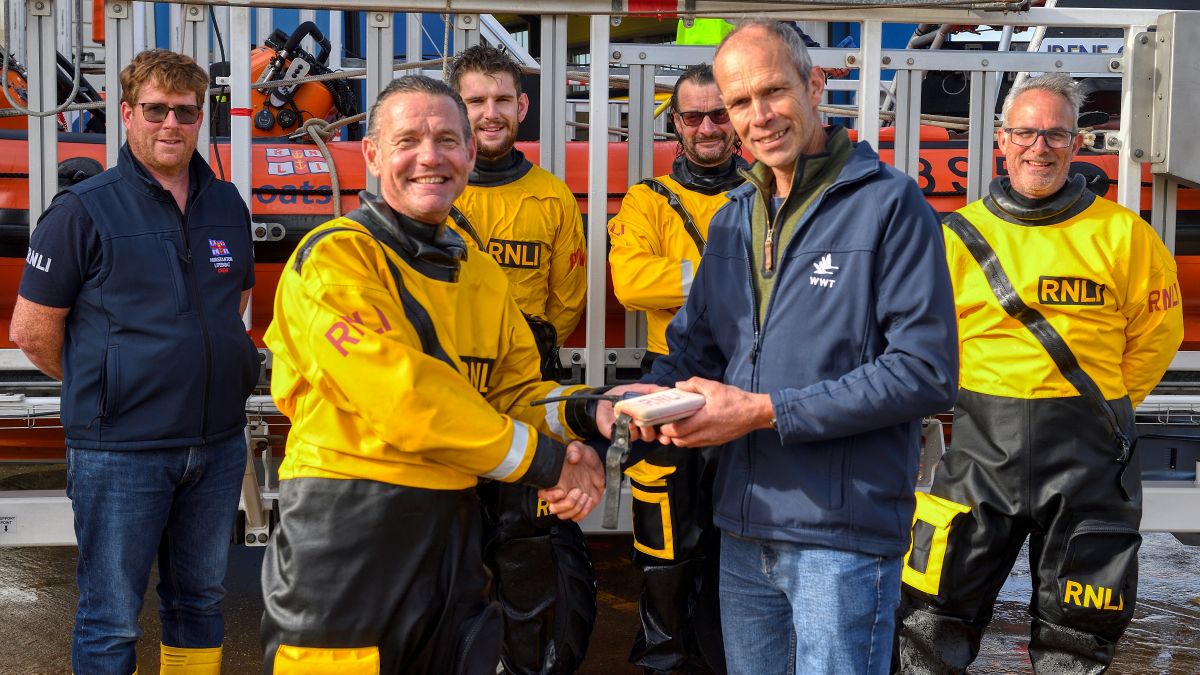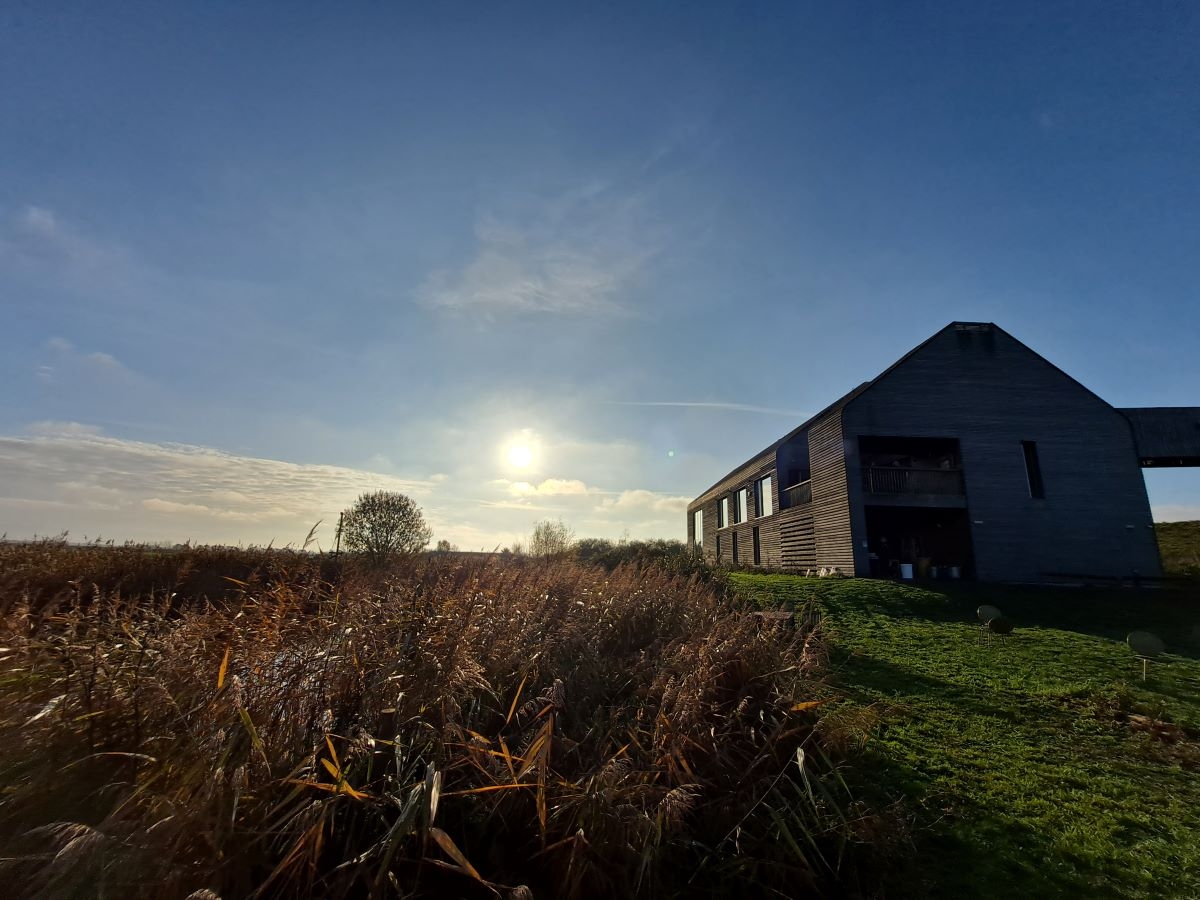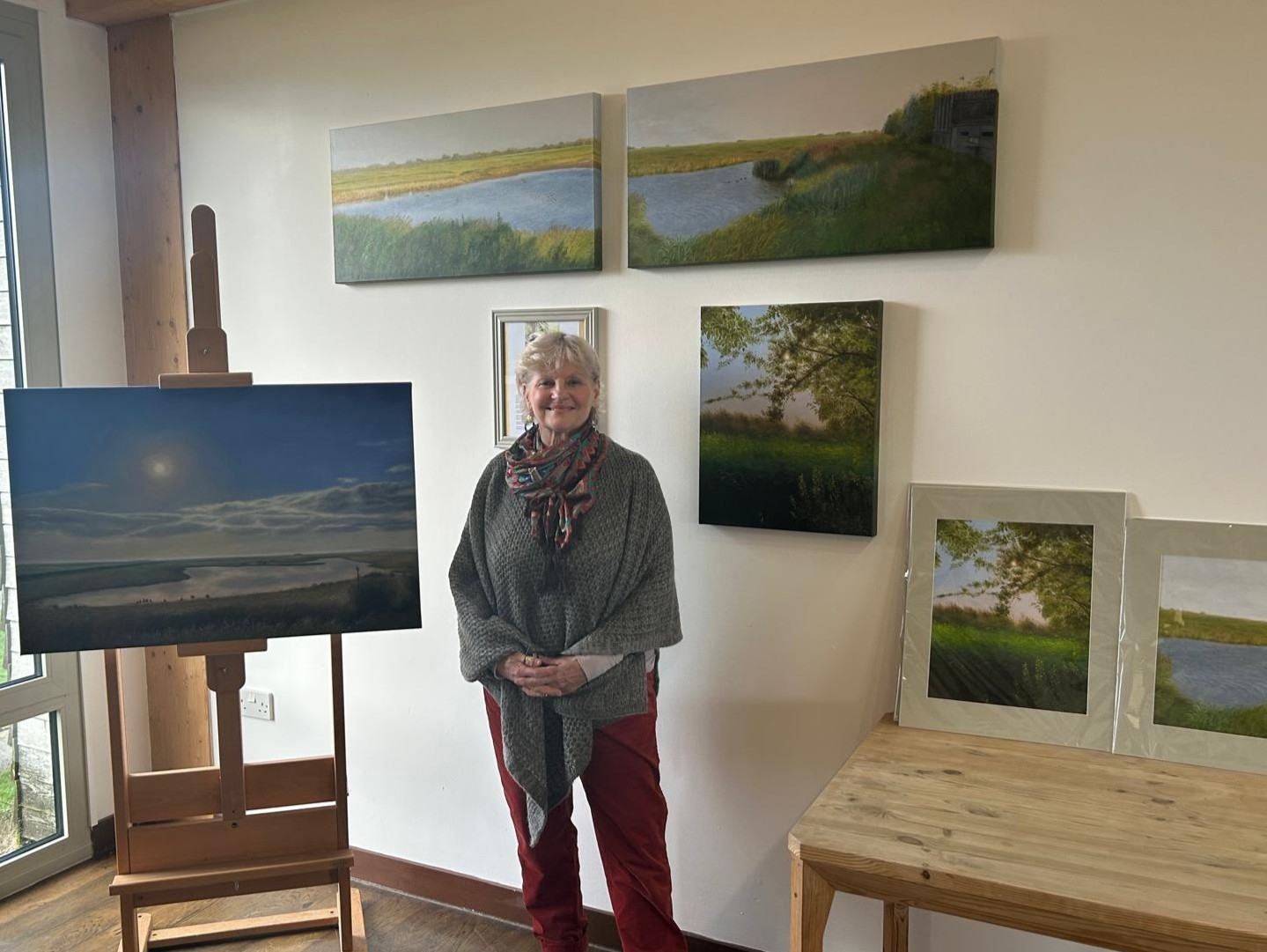Rare bat recorded for first time at WWT Welney Wetland Centre
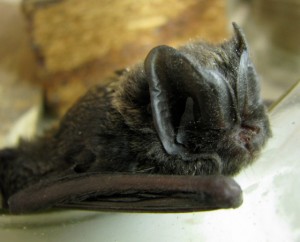
One of the UK’s rarer bat species, the Barbastelle, has been detected at WWT Welney Wetland Centre thanks to a community science project in Norfolk.
In the UK the Barbastelle is restricted to Southern and Central England and Wales, but within this range, it is very localised in its distribution and tends to occur at low density.
These medium-sized bats have a distinctive pug-shaped nose and dark fur and wings. They have a wingspan of 26-29cm, a body length of 4-5cm and feed on small moths, flies and beetles.
Leigh Marshall, Centre Manager for WWT Welney Wetland Centre, says:
‘This has been a very exciting discovery for the team at the Wetland Centre and brings the total species of bat recorded here [SN1] to eight.
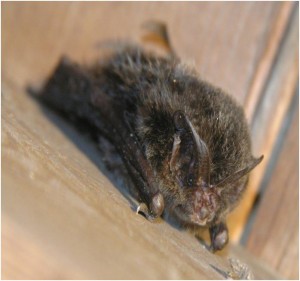
Wetlands provide homes and feeding grounds for a wide range of plants and creatures. Although the barbastelle is not a wetland specialist itself, it is able to feed on the wide abundance of insect species found on the reserve. ‘
Dr Stuart Newson, BTO Senior Research Ecologist (and project manager for The Norfolk Bat Survey) commented:
‘We don't know how well this species is doing in Norfolk, but we suspect that like many species of bats, the Barbastelle probably used to be far more common than it is now.
Welney Wetland centre has also had recordings of the Nathusius’ pipistrelle, another scarce species which has even fewer recordings in the county than the Barbastelle.’
Bat monitoring stations have been set up across Norfolk to provide people with the equipment to take part in a very simple exercise to help map Norfolk’s bat species. There are still 4 weeks to go until the project finishes, and results such as these show how important it is for people to get involved.
People living in the Welney, Downham Market, Wisbech area are able to book out the equipment at the Wetland Centre and use this to collect recordings from their local patch. The recordings are then analysed by the Norfolk Bat Survey team and sent back to the volunteers, normally within a week of taking part.
To get involved with the project this year, you can go to http://www.batsurvey.org/ to get more information and to book your 1km square to survey.

